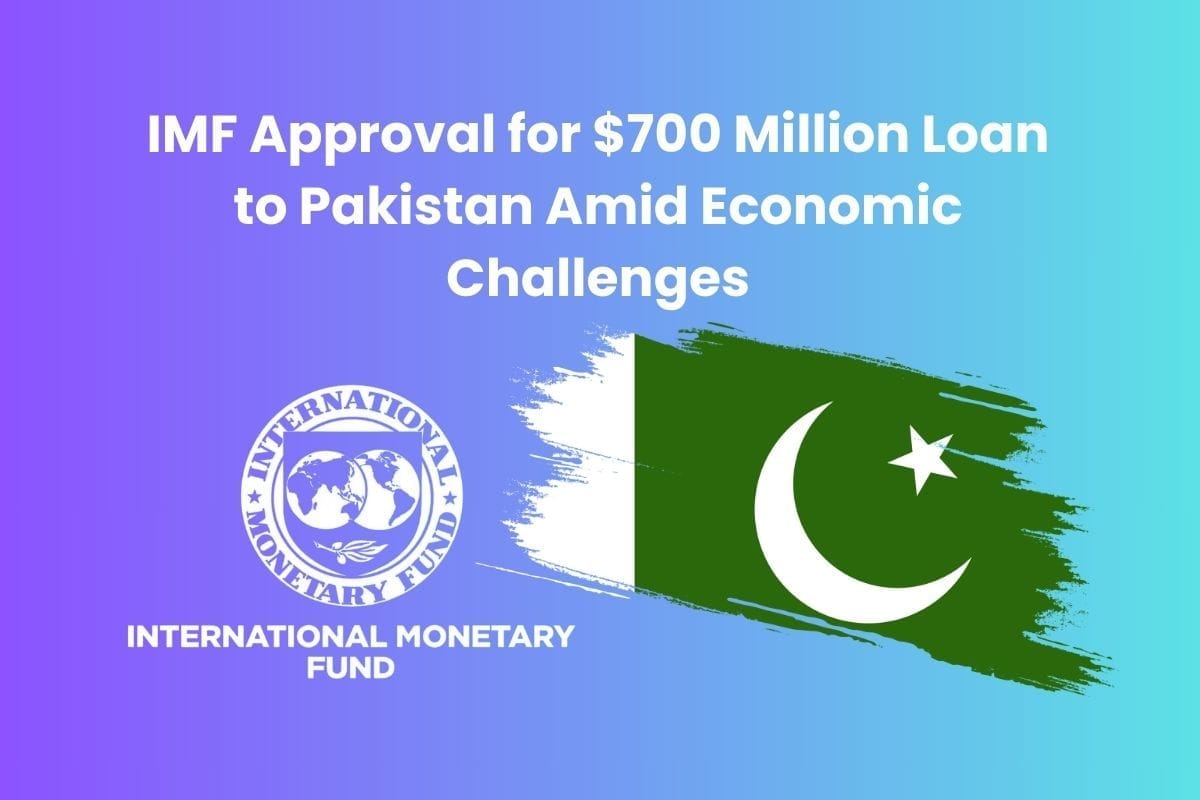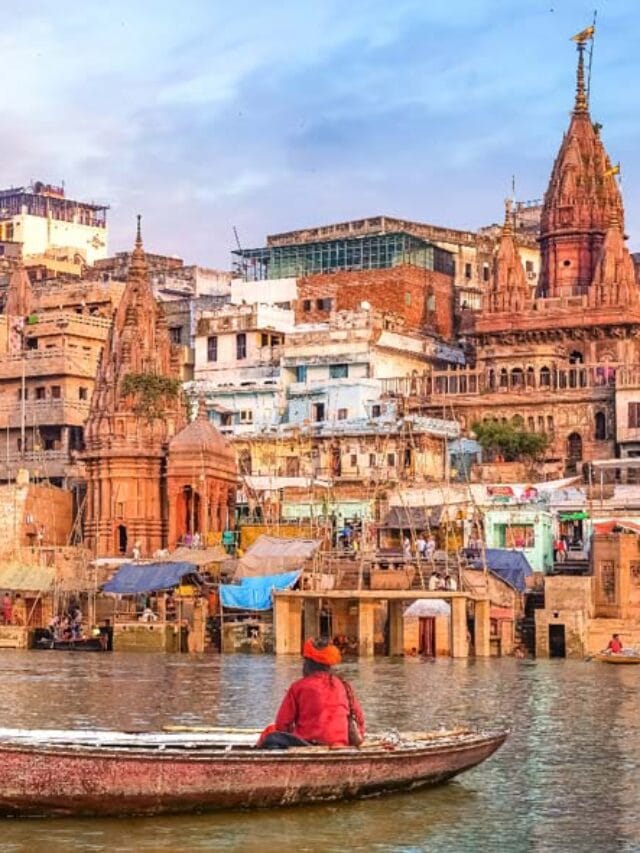
In the face of Pakistan’s economic difficulties, the International Monetary Fund (IMF) has granted approval for a $700 million loan to provide essential financial support. This decision comes after the Executive Board of the IMF successfully completed its first review of Pakistan’s economic reform program.
The disbursement follows the initial release of $1.2 billion in July, marking a crucial step in addressing the economic woes of the country. The Board’s recent approval allows for the immediate disbursement of $700 million, bringing the total disbursements under the program to $1.9 billion.
This positive development is a result of the staff-level agreement reached between the IMF and Pakistan on November 15, 2023. The agreement underscores Pakistan’s commitment to implementing key reforms as part of its economic recovery strategy.
About the IMF Program
The ongoing IMF program, with a total value of $3 billion, is scheduled to conclude in the second week of April 2024, with approximately $8 billion remaining undisbursed. The initial release of $1.2 billion in July marked the beginning of the financial support provided by the IMF.
The Finance Ministry of Pakistan, responsible for navigating the country through its economic challenges, expressed optimism regarding the outcome of this financial assistance. Officials in the Finance Ministry highlighted that Pakistan has diligently met all IMF targets, creating a favorable environment for receiving the further installment of $700 million.
The staff-level agreement, reached in November, supports Pakistan’s commitment to advancing fiscal consolidation, accelerating cost-reducing reforms in the energy sector, returning to a market-determined exchange rate, and pursuing governance reforms for attracting investment and supporting job creation.
This financial support is crucial for Pakistan, especially considering its total debt burden, which rose to PKR 63.390 trillion by November 2023. The increase, over PKR 12.430 trillion during the tenure of the PDM and caretaker government, underscores the economic challenges faced by the country.
International Monetary Fund (IMF): A Brief Overview
The IMF traces its roots back to the Bretton Woods Conference in 1944, where discussions laid the foundation for its establishment. Operational since December 27, 1945, the IMF stands today as a global organization comprising 189 member countries.
With its headquarters in Washington, D.C., the IMF plays a crucial role in promoting worldwide monetary cooperation, ensuring financial stability, and supporting international trade, employment, and economic growth.
Key Facts about IMF (UPSC Prelims)
Formation:
The Great Depression’s disruption of international monetary cooperation prompted the creation of the IMF. Emerging from the Bretton Woods Conference in 1944, where 45 government representatives convened, the IMF aimed to enhance global economic growth and alleviate poverty.
The IMF officially commenced operations on December 27, 1945, with an initial membership of 29 countries bound by the treaty. Financial activities began on March 1, 1947. Presently, the IMF boasts a membership of 189 countries.
Role and Significance
As a pivotal player in the international economic system, the IMF focuses on reconstructing international capital while simultaneously prioritizing national economic sovereignty and human welfare.
Its objectives include fostering cooperation among member countries, ensuring financial stability, and contributing to global economic development.
IMF stands as a testament to global collaboration, working towards a more stable and prosperous international economic landscape.
International Monetary Fund (IMF): Structure and Functions
The overseeing authority for the International Monetary Fund (IMF) lies within the United Nations, serving as the parent organization responsible for its efficient operation and administration. At the helm of the IMF is a Managing Director, elected by the Executive Board for a 5-year term. The IMF’s organizational framework encompasses the Board of Governors, Ministerial Committees, and the Executive Board.
Structure of the International Monetary Fund (IMF):
To delve into the organizational intricacies of the IMF, let’s explore the roles and responsibilities of its governing bodies:
Board of Governors:
- Appointment of each governor by their respective member country.
- Selection of executive directors to the Executive Board.
- Counsel from the International Monetary and Financial Committee (IMFC) and the Development Committee.
- Annual meetings with the World Bank Group to discuss institutional work.
Ministerial Committees:
- International Monetary and Financial Committee (IMFC) oversees the global monetary and financial system.
- Development Committee addresses economic development issues in developing countries.
Executive Board:
- Comprises 24 members engaging in comprehensive discussions on IMF matters.
- Decisions are typically made through consensus, with occasional formal votes.
Objectives of the IMF:
The IMF, originating with 29 countries and now boasting 189 members, pursues the following core objectives:
- Enhancing and fostering global monetary cooperation.
- Ensuring financial stability by minimizing exchange rate volatility.
- Facilitating balanced international trade.
- Promoting high employment and sustainable economic growth.
- Alleviating poverty worldwide.
Functions of the IMF:
The IMF’s multifaceted functions revolve around:
- Regulatory functions: Administering a code of conduct for exchange rate policies and current account transaction restrictions.
- Financial functions: Providing financial support and resources to address member countries’ short-term and medium-term Balance of Payments (BOP) issues.
- Consultative functions: Serving as an international cooperation hub, offering counsel and technical assistance to member countries.
India’s Association with the IMF
India, standing as a founding member of the International Monetary Fund (IMF), holds a pivotal position within the organization’s governance. The Union Finance Minister, serving as the Ex Officio Governor on the IMF’s Board of Governors, represents India’s interests.
Additionally, the Governor of the Reserve Bank of India acts as the alternate governor for the country. Ensuring a direct representation, an Executive Director for India participates actively in IMF affairs.
India’s IMF quota, standing at SDR 13,114.4 million, translates to a significant shareholding of 2.76%, ranking it as the eighth-largest quota-holding country. Notably, India has transitioned from being a borrower to becoming a contributor, marking a significant shift since the complete repayment of all loans borrowed from the IMF in 2000.
Amidst global financial changes, emerging economies like India have experienced an increase in influence within the IMF’s governance structure. Reforms agreed upon in 2010 by the then 188 IMF member countries aimed at a fairer distribution of voting rights. India witnessed an augmentation in its voting rights from 2.3% to 2.63%, aligning with a broader shift that also benefited China, Russia, and Brazil.
Delay In Reform Implementation
The delay in implementing these reforms, primarily attributed to the prolonged approval process in the U.S. Congress, underscores the complexities associated with global power dynamics. The reforms aim to diminish the dominance of a few nations, redistributing more than six percent of quota shares from the U.S. and European countries to emerging and developing nations.
An essential facet of these reforms is the transformation of the Executive Board, ensuring that it solely comprises elected executive directors. This significant shift discontinues the practice of appointing executive directors based on the quotas of the five largest members. This structural change enhances the democratic representation within the IMF.
Overall, these reforms are anticipated to strengthen the IMF’s capacity to respond effectively to financial crises, fostering credibility, effectiveness, and legitimacy in its global role.








Leave a Reply